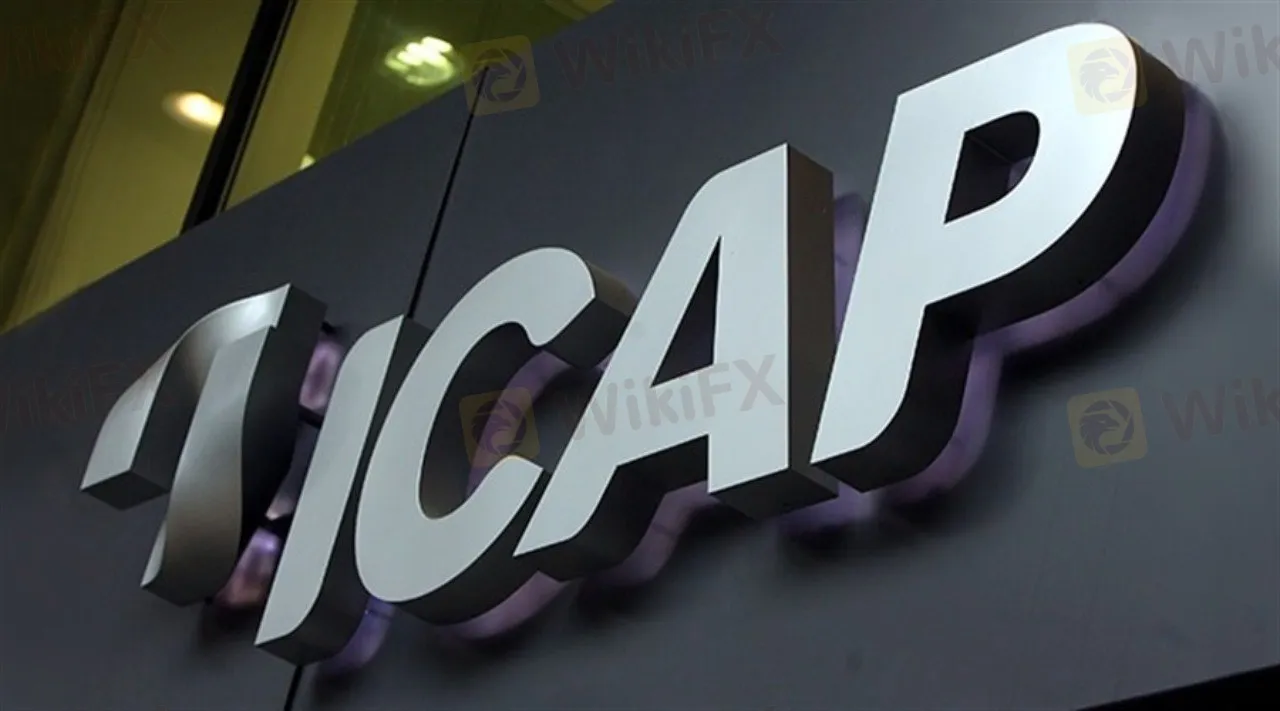简体中文
繁體中文
English
Pусский
日本語
ภาษาไทย
Tiếng Việt
Bahasa Indonesia
Español
हिन्दी
Filippiiniläinen
Français
Deutsch
Português
Türkçe
한국어
العربية
TP ICAP Sees 81% Drop in 2021 Profits, Revenue Rises Marginally
Abstract:Liquidnet brought in £159 million since its acquisition. The group is now focused on revenue diversification.

TP ICAP, the world‘s biggest inter-deal broker, published its annual financials for 2021, reporting more than 81 percent drop in its profits for the 12 months. It generated £24 million as pre-tax profits last year compared to 2020’s £129 million.
Additionally, the basic earnings per share of the company plunged to 0.7 pence from 15.4 pence in the prior year.
“Our performance naturally reflects the unusually quiet secondary markets that we experienced in 2021, particularly in the first half of the year. However, as market conditions started to improve in the second half, TP ICAP recovered most of the ground and grew overall market share,” said Nicolas Breteau, the CEO of TP ICAP.
Indeed, the revenue of the company showed resilience and came in at £1.86 billion, which is slightly higher than the previous years £1.79 billion. But, Liquidnet turned out to be a successful bet for the company as it brought in £159 million in revenue post-acquisition.
Without adding Liquidnet‘s numbers, TP ICAP’s annual revenue lowered by 1 percent in 2021, which is in line with the guidance provided by the company earlier.
Now, the group is focused on diversifying its revenue stream, bringing 42 percent of its total revenue from non-global broking businesses. Meanwhile, the global broking business of the group declined by 2 percent.
Data and analytics business within Parameta Solutions, which generates a high margin, grew by 10 percent last year.
Cautious on the Outlook
TP ICAP already saw 16 percent in revenue growth until March 11, when compared to the same period of the previous year. In addition, the figure is 4 percent higher without business from Liquidnet.
But, the company is cautious of the market conditions and did not put down any absolute number or range, saying “predicting future market activity is difficult.”
“Market volatility has continued at more elevated levels in 2022, with the return of inflation and geopolitical uncertainty driving higher volumes across many of our markets,” Breteau added.
“While it is too early to judge whether this activity will be sustained, we believe the results of our many actions will show through in improved performance across the group in 2022 and beyond.”

Disclaimer:
The views in this article only represent the author's personal views, and do not constitute investment advice on this platform. This platform does not guarantee the accuracy, completeness and timeliness of the information in the article, and will not be liable for any loss caused by the use of or reliance on the information in the article.
Read more

RM650,000 Lost in Investment Fraud Advertised on Social Media
A Malaysian manager has suffered a devastating financial loss of RM651,800 after falling prey to a deceptive investment scheme via a Facebook advertisement that promised lucrative returns within a short timeframe.

Quantedge Capital Co. Limited: The Fake Platform Behind a RM703,000 Loss
A woman from Kuantan lost RM703,000 after falling for an investment scam linked to a platform called Quantedge Capital Co. Limited. The 47-year-old company manager believed she was investing in a legitimate opportunity shared with her through WhatsApp. Over the course of ten months, she transferred large sums of money but never received any returns.

Scam Alert: Retired Teacher Loses RM700,000 to Stocks Qs Secure
A 69-year-old retired teacher and part-time contractor has lost more than RM700,000 after falling victim to an online investment scam advertised on Google.

Shocking! Oil Prices Plunge Below $60
Oil prices are in free fall. On April 7, the market extended its slide — WTI crude dropped below $60 per barrel, while Brent crude fell to $63, hitting a four-year low.
WikiFX Broker
Latest News
INFINOX Partners with Acelerador Racing for Porsche Cup Brazil 2025
Global Panic Builds as Forex Shifts into Risk-Off Mode
SEC Fines Velox Clearing $500,000 for SAR Failures
Shocking! Oil Prices Plunge Below $60
BI Alerts Filipinos: Telegram, Facebook Used for Trafficking Scams
AUD/USD Hits New Lows as Panic Selling Unfolds Amid Robust U.S. Jobs Report
FCA Released New List of Unauthorized Brokers
How to protect your money during Black Monday
Singapore Authorities Warned Against WeChat, UnionPay, Alipay Impersonation Scams
Deepfake Scams Nearly Drain $499K from Business
Currency Calculator







